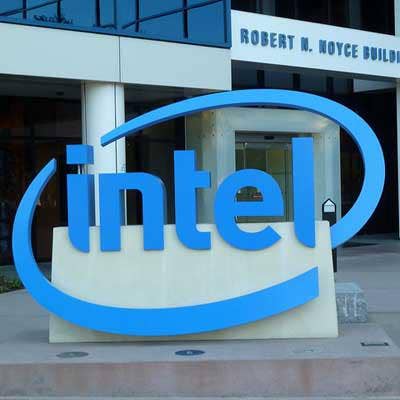Intel Addresses CPU Shortage: 'Supply Is Undoubtedly Tight'

Intel interim CEO Bob Swan publicly addressed the company's CPU shortage issue after first acknowledging in July that meeting additional demand would be Intel's "biggest challenge."
In a message posted to Intel's website Friday, Swan said the "surprising return" to growth in the PC market "has put pressure on [the company's] factory network."
"We’re prioritizing the production of Intel Xeon and Intel Core processors so that collectively we can serve the high-performance segments of the market," Swan said. "That said, supply is undoubtedly tight, particularly at the entry-level of the PC market."
[Related: Intel CPU Shortage Due To Strain Laptop Shipments, Lower DRAM Prices]
Intel partners and at least one distributor previously told CRN they were seeing a shortage of Intel's current generation, 14-nanometer CPUs, most notably in lower-end client processors.
The company did not say when the CPU shortage is expected to end, but an Intel spokesperson told CRN that the company will share more details during its third-quarter earnings on Oct. 25. Reports from J.P. Morgan and research firm TrendForce both said that supply issues could last until early next year.
Despite the supply challenges, Swan said the company is confident it will meet Intel's full-year revenue outlook, which is $4.5 billion higher than previous expectations set in January.
Swan said Intel is addressing the shortage by investing an additional $1 billion in capital expenditures this year on 14nm manufacturing sites in Oregon, Arizona, Ireland and Israel. That makes Intel’s total $15 billion in 2018 capital expenditures a record amount, according to the interim CEO.
"This capital along with other efficiencies is increasing our supply to respond to your increased demand," he said.
The Santa Clara, Calif.-based company is also making improvements on its next-generation, 10nm CPUs, which is still slated to reach volume production in 2019, Swan said.
Lastly, Swan said, Intel is taking a "customer-first approach" by working closely with customers to help them fulfill demand. "You can expect us to stay close, listen, partner and keep you informed," he said.
"The actions we are taking have put us on a path of continuous improvement," Swan, who is also Intel's chief financial officer, said in closing. "At the end of the day, we want to help you make great products and deliver strong business results. Many of you have been longtime Intel customers and partners, and you have seen us at our best when we are solving problems."
In a Thursday report by IDC, the research firm said Intel's CPU shortage could impact launch plans for new PC designs from PC makers in the first half of 2019. The firm added it "hasn't yet seen a massive upswing" in CPU shipments made by competitor AMD from OEMs trying to address demand.
Swan became Intel's interim CEO following the resignation of Brian Krzanich in late June. The company is still searching for Krzanich's permanent successor, a role that Swan reportedly doesn't want to take. During the company's second-quarter earnings call in July, Swan said that Intel had no timetable for the search but that its board has been "working with a sense of urgency."
Intel’s stock price was up nearly 3 percent to $47.24 on the news Friday morning.